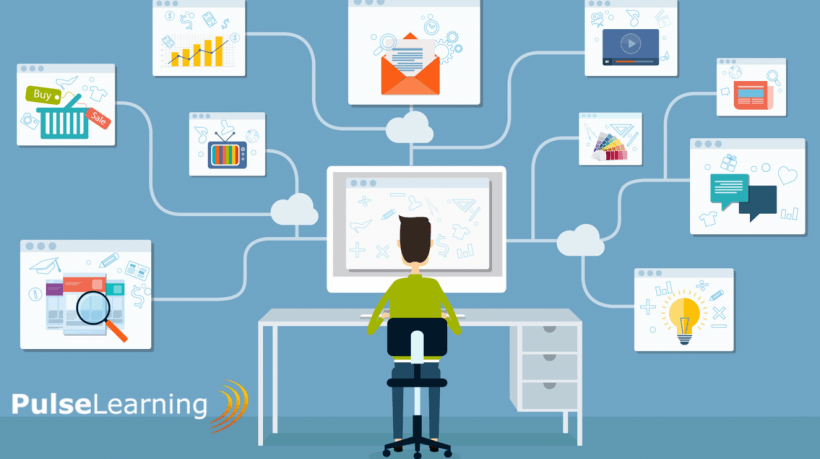Education In The On-Demand Economy: Are We Ready?
This has led to many people from tech and education world and outside to question the feasibility of education in the on-demand economy and the future of EdTech.
eLearning platforms have made on-demand courses, classrooms, lectures, and instructors a reality. But nobody is asking the million-dollar questions: Is eLearning a replacement to traditional classrooms, an auxiliary mode of education, or a medium of education for those who can’t get a formal education because of a financial condition, far-off location, a disability, or availability?
eLearning isn’t a replacement for traditional classrooms at least at this point in time. It definitely is helpful for people into formal education. For example, when a student missed his morning class or she wants to learn more about the topic professor taught today.
Reasons eLearning Is A Tool To Empower People Who Can’t Get A Formal Education
1. Financial Condition
We know how much a graduate course in the States costs. I have seen parents investing their entire life savings just to put their ward through an elite college or university. As eLearning neither requires a massive campus nor spunky classrooms to educate the students, it costs next to nothing in front of tuition fees of academic institutes that boast alumni in the Congress.
2. Accessibility
Not everyone has accessibility to a fine education institute that is offering the course of their choice in their periphery and is unwilling to relocate to another state for a reason other than the financial condition. For example, he has oldies to take care of.
3. Disability
Disabled people represent 22% of adult population in America. Most of them aren’t comfortable traveling to a college every day or stay in a residential institute.
4. Availability
Working people don’t have the time to join a classroom course and want to learn a new technology, a topic at their own pace, in their own time, without any pressure as such. On-demand education is a boon for them.
Educating The Global Population
However, at the end of the day what matters is global access. The mission is to educate the world. eLearning has the power but it has the very limitation that every digital medium has—it can’t work without connectivity. It is not just about the US but the entire world, the remotest of the corners. I guess no one in the developed world would have a problem getting the quality of formal education.
The actual problem lies in the developing world. Can you provide on-demand education to a timid kid in Mozambique or a young-adult in war-torn Syria? On-demand education shouldn’t come with an asterisk mark. Education on demand must be as accessible to a slum kid in Mumbai as to a celebrity-child in LA.
The Silver Lining
So, coming back to my answer. No, we are not ready to deliver education on-demand yet.
But there is a silver lining. eLearning platforms have reduced the number of barriers an individual must go through to learn a new concept, skill, technology, or language to improve his life, the life of those around him and, of course, to raise his employability. Education has the power; it doesn’t matter how it is delivered.
Any person regardless of his creed, class, or color with a computing device, a smartphone, tablet or computer, and a consistent internet connection has access to the same pool of information as anybody else in the world. The credit goes to eLearning, a medium that has the power to change the destiny of the upcoming generation.
It is safe to say a person with access to the internet can learn whatever he wants whenever he wants to. He doesn’t have to be an engineering graduate to learn mobile application development or an art school major to learn creative writing. If he desires to, he can.
Is An Opportunity What Matters?
However, no amount of education is sufficient unless we provide equal opportunity to everyone. It should not matter how someone gained that education from which medium and how. If he has the required skillsets, he shouldn’t face sort of discrimination based on his background, nation or the college/ university he went to. He should on as everyone in the pool of the similar skillsets, whether the guy is an Ivy League graduate or learned the skills at Khan Academy.
The internet has indeed made us on the top of the information curve. However, our education system tends to favor the elites, the influencers, and students from top colleges. At times, it feels like it was never about education but favoritism and nepotism. I wish eLearning and the internet will change that. From what I see, knowledge will against the hypocrisy of any sort.









